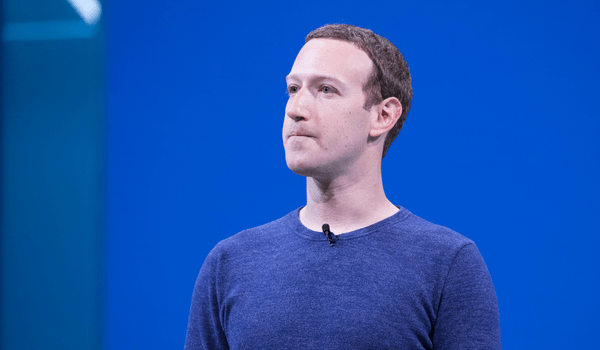A leaked email from Meta CEO Mark Zuckerberg has recently surfaced online, which asked an employee to resign due to inaccurate information about the development of a Facebook smartphone. The letter, dated September 22, 2010, expressed Zuckerberg’s disappointment and anger towards the employee who shared the information with TechCrunch. According to the email, Zuckerberg found the leak “destructive” and an “act of betrayal”. Ironically, the email began with the text “confidential, do not share,” which is now publicly available.
The email also ended with Zuckerberg asking employees to maintain confidentiality about the company or leave if they cannot handle it. This request reflects Facebook’s culture of secrecy and how information should be closely guarded within the company. Back in 2010, Facebook was a different company, with the primary goal of expanding its platform across countries with roughly 608 million active users. Today, Facebook has over 2 billion users and owns other popular platforms like Instagram and WhatsApp.
In 2010, TechCrunch reported that Facebook aimed to deeply integrate with phone functions, requiring operating system control. For several months following the rumours about the smartphone, Facebook refuted them. Although the company did launch two smartphones in the past – the HTC First in 2013 and the Facebook Phone by INQ in 2011 – both phones were not successful, and the HTC First was discontinued soon after its launch due to poor sales.
Currently, Meta’s hardware division faces stiff competition from its rivals. Although its Oculus division makes notable VR headsets, the sales have been poor due to their high cost. Amidst macroeconomic uncertainty, Meta has canceled Portal smart display development and has initiated employee layoffs to reduce costs.
The leaked email raises concerns about the company’s culture of secrecy and how it deals with employees who share confidential information. It also highlights how important it is for tech companies to keep up with the latest trends and developments in the industry, as Meta failed to make a mark in the smartphone market despite its early intentions. With the ever-evolving tech industry, it is vital for companies to stay ahead of the curve and adapt to changes quickly to maintain their competitive edge.



